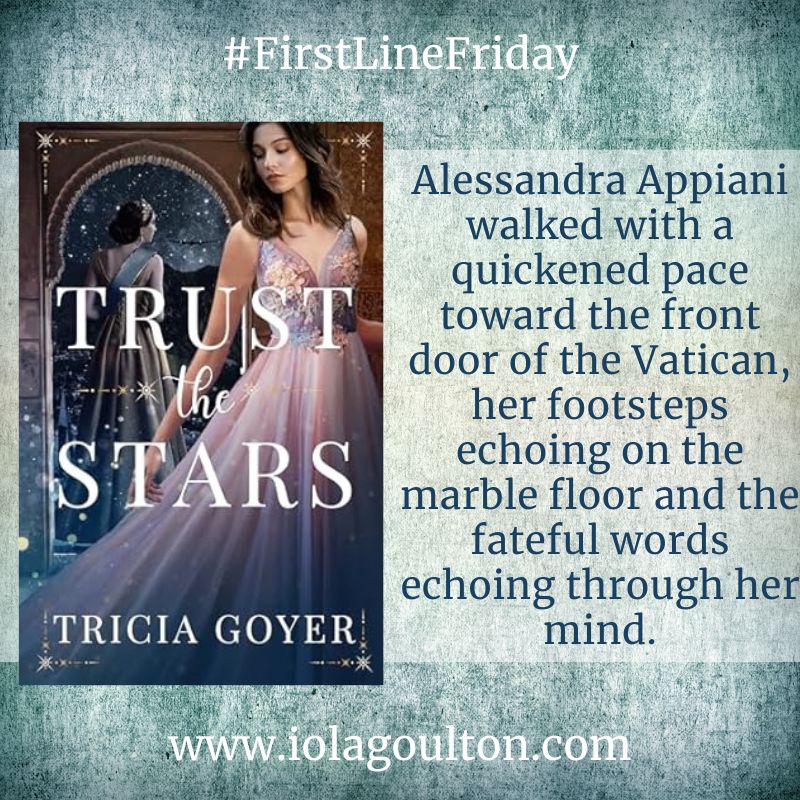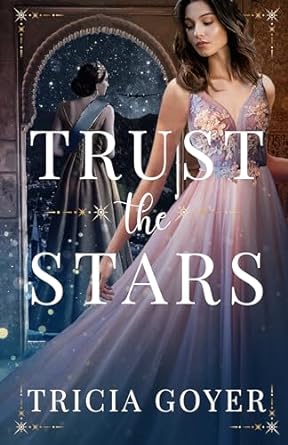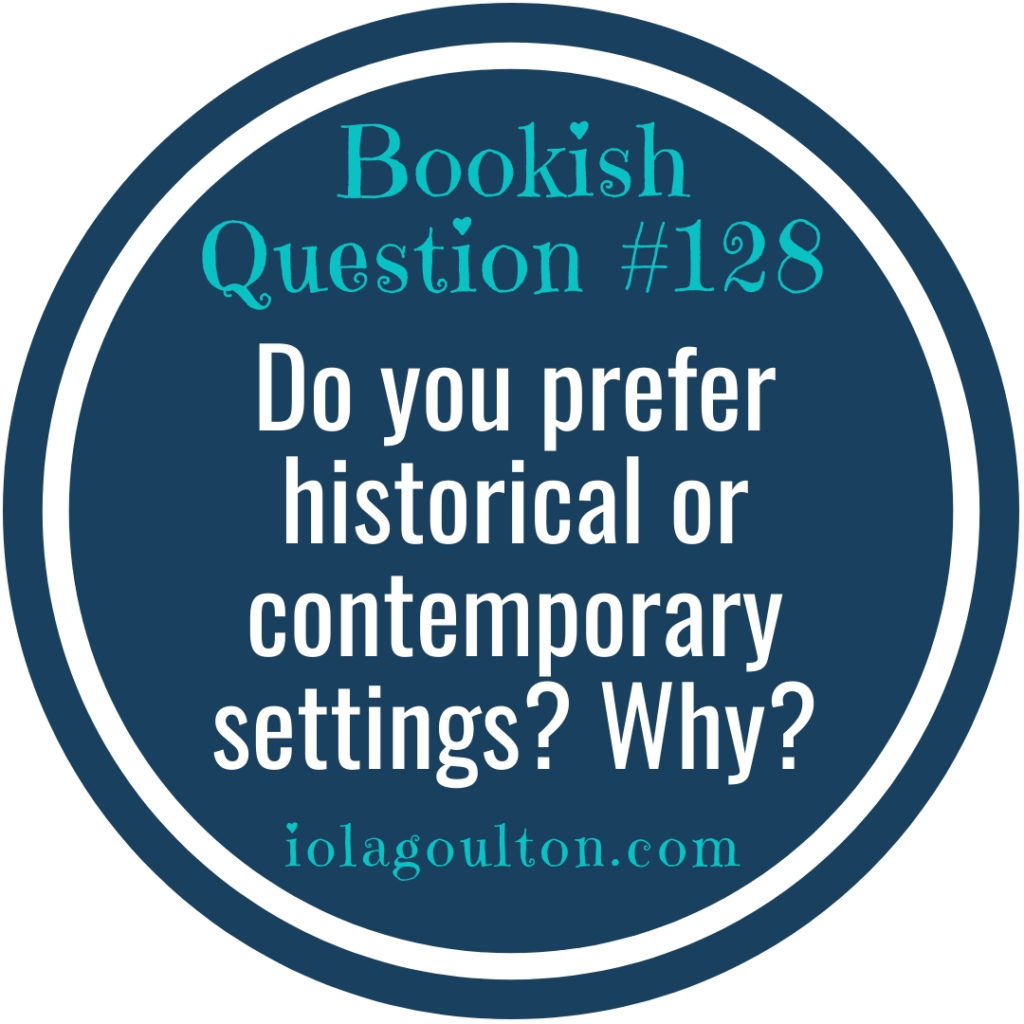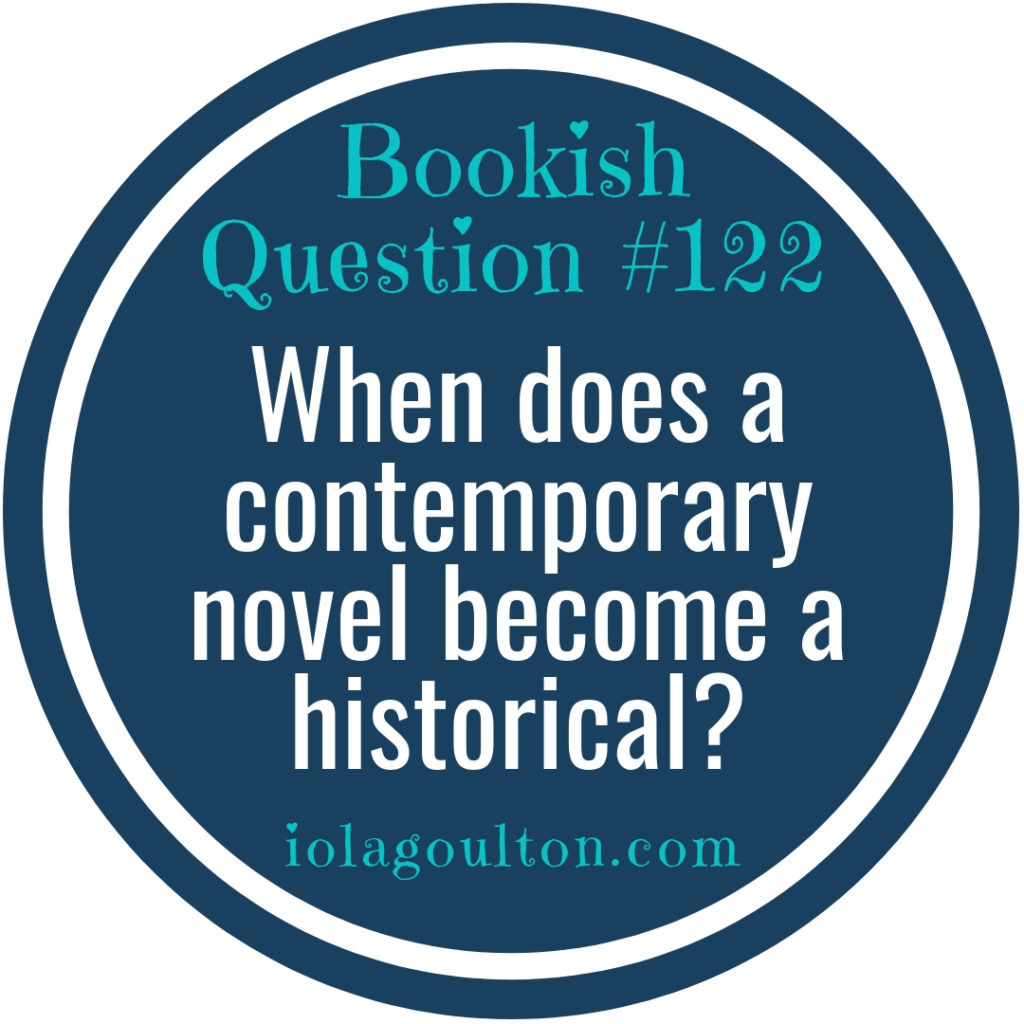The Color of Home is women’s fiction from two points of view.
Audrey is the twenty-eighty year-old interior design expert based in Silicon Valley, while Daisy is her great-aunt from Charity Falls, Oregon.
Daisy and her husband, Dean, are moving into an assisted living facility because Dean has dementia and they need support. Audrey takes two weeks off work and goes to help Audrey prepare their house for sale but ends up staying longer.
Audrey’s father died in a fire in Charity Falls thirteen years ago, and she hasn’t been back since. As is to be expected, somethings have changed but others haven’t, and there are a lot of memories.
Both points of view are told in first person.
The change in point of view was indicated by the name at the top of the chapter. I found this confusing at times. Because both points of view were in first person, it often wasn’t obvious which point of view the chapter was in unless I’d consciously looked at the chapter header (something I tend to skip).
I also mixed the names up a few times. Audrey feels like an “old” name to me, so I kept thinking that was the great-aunt. Equally, Daisy feels like the name of a much younger character, so I had to do a bit of backtracking when I realised I’d mixed up the characters in my mind.
I did wonder why the story needed two point of view characters.
It is clearly Audrey’s story, as she learns the oft-repeated lesson that we should focus on personal relationships over careers. In fairness, Audrey had come by this belief honestly: her mother is still alive but they have virtually no relationship.
Daisy clearly played the mentor role.
Her point of view provided the Christian input and gave insight to some of the stresses surrounding living with a spouse with dementia. These are important topics, and perhaps deserved a story of their own rather than being the filler in Audrey’s story (which didn’t have a lot to distinguish it from every other Hallmark-esque small-town romance).
The writing and characterisation are strong, the story touches on many important social issues.
Recommended for fans of issues-based Christian women’s fiction.
Thanks to Revell and NetGalley for providing a free ebook for review.
About The Color of Home
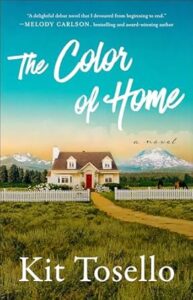 Audrey Needham, Bay Area interior designer to the rich and pretentious, is down to her last nerve. Her boss is impossible to please, her future is in jeopardy, and her great-aunt Daisy needs support as her husband descends into Alzheimer’s.
Audrey Needham, Bay Area interior designer to the rich and pretentious, is down to her last nerve. Her boss is impossible to please, her future is in jeopardy, and her great-aunt Daisy needs support as her husband descends into Alzheimer’s.
When Daisy enlists Audrey’s help preparing for a move to assisted living, Audrey risks her career to return to the idyllic small town of Charity Falls, Oregon, the summer stomping grounds of her childhood. But Charity Falls was also the place that broke her heart when her father was killed in a tragic fire at the Sugar Pine Inn thirteen years ago.
Despite Audrey’s intent to avoid emotional entanglement, the pull of home is hard to resist. Something should be done about the deteriorating inn. A local girl with an incarcerated father needs a friend. And handsome local do-gooder Cade Carter is coloring Audrey all shades of uncertain.
Join award-winning writer and debut novelist Kit Tosello in this lyrical and often humorous exploration of how God redeems brokenness and draws us to the life we’re meant to find.
Find The Color of Home online at:
About Kit Tosello
 Kit Tosello is an award-winning writer of small-town contemporary fiction with a big heart, as well as inspirational essays and devotionals. With her eye trained on the beauty hiding in plain sight all around us, she arranges words with tenderness, humor, and hope. When not writing, Kit can be found in the loose-tea shop she operates with her husband, exploring the great Pacific Northwest, or enjoying the “great indoors”–bookstores and libraries. Always with a matcha latte in hand.
Kit Tosello is an award-winning writer of small-town contemporary fiction with a big heart, as well as inspirational essays and devotionals. With her eye trained on the beauty hiding in plain sight all around us, she arranges words with tenderness, humor, and hope. When not writing, Kit can be found in the loose-tea shop she operates with her husband, exploring the great Pacific Northwest, or enjoying the “great indoors”–bookstores and libraries. Always with a matcha latte in hand.
Find Kit Tosello online at:
Website | Facebook | Instagram | Twitter/X

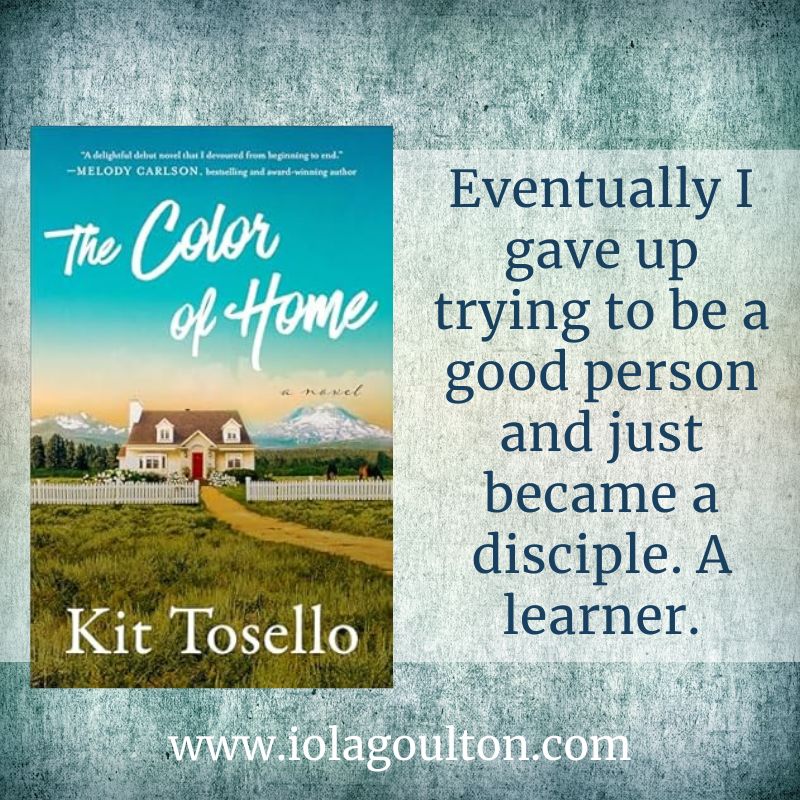

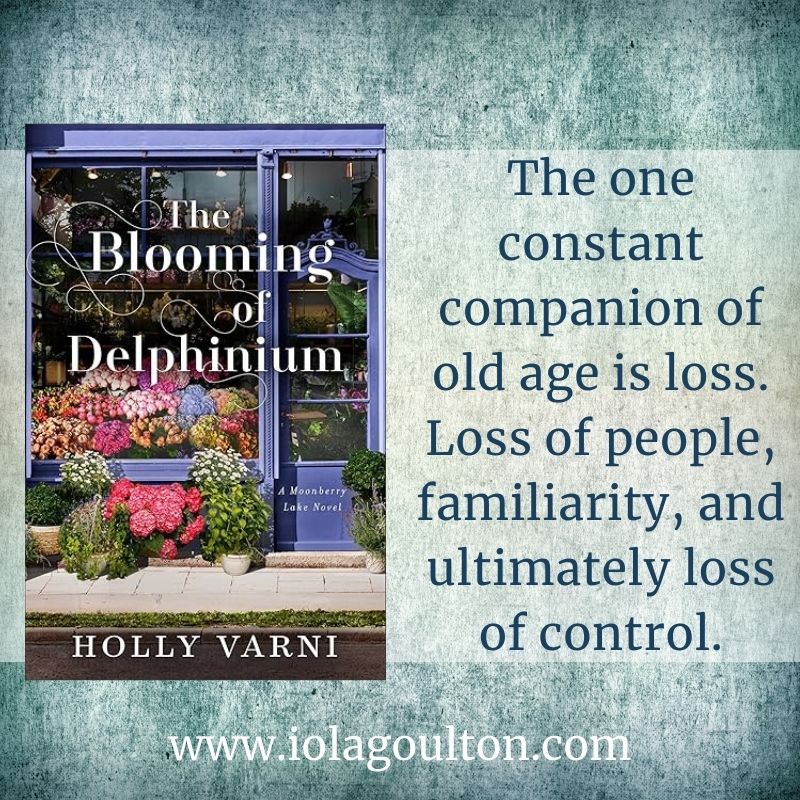
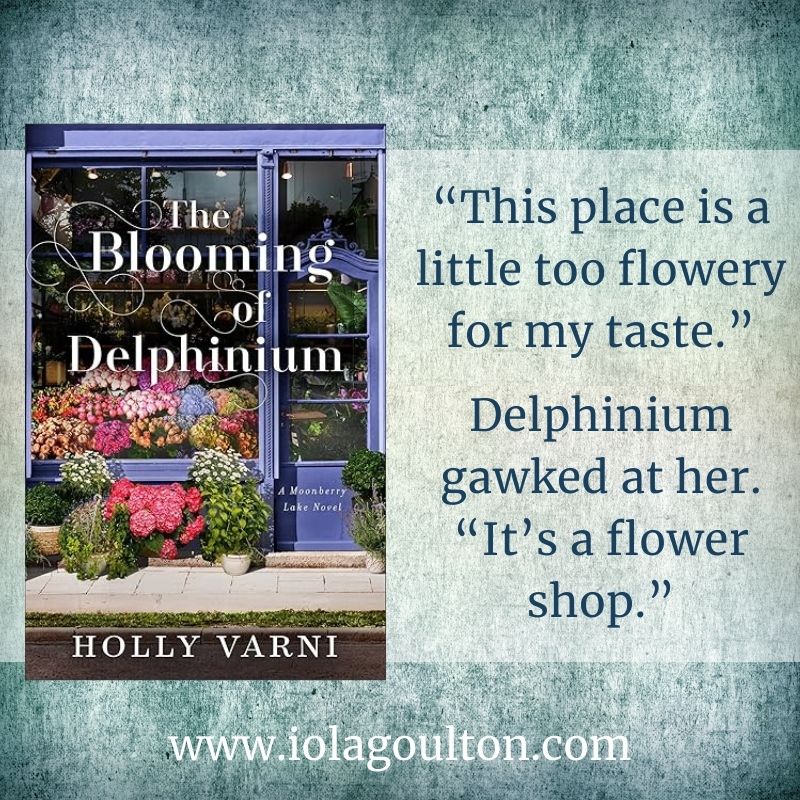
 Holly Varni
Holly Varni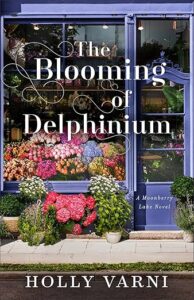
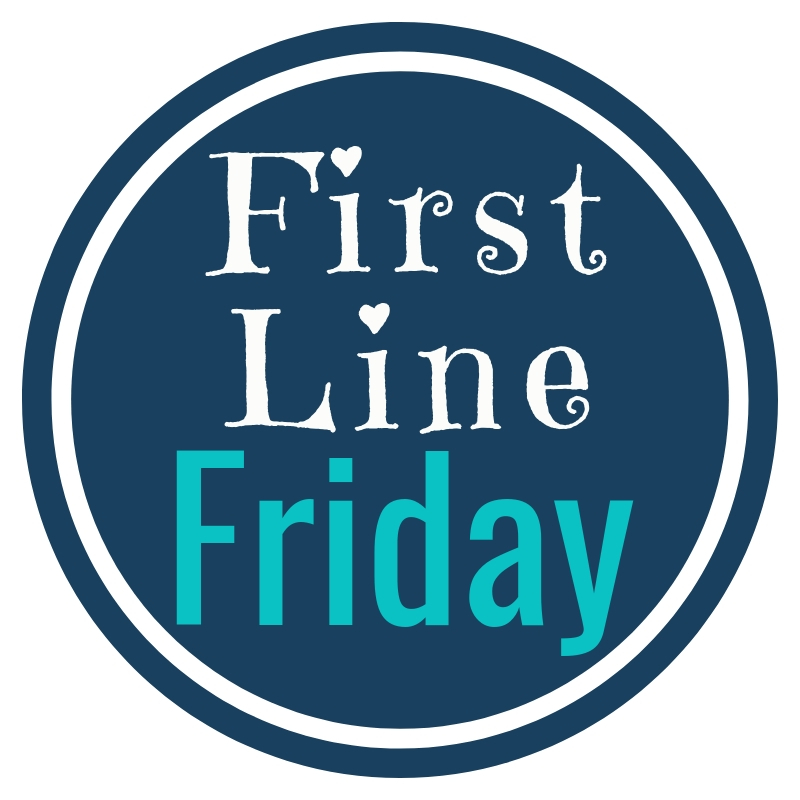
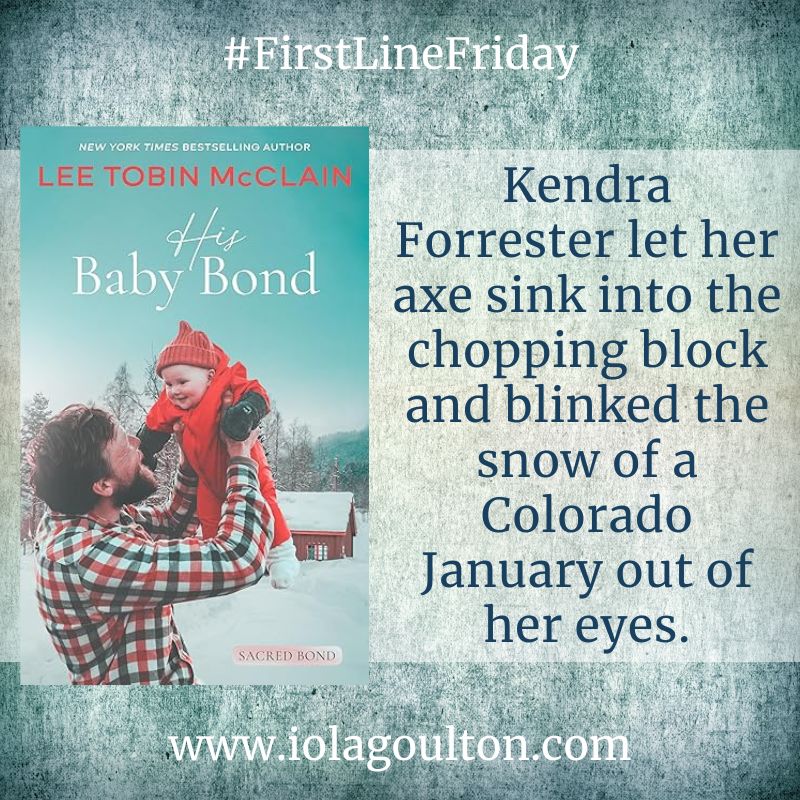
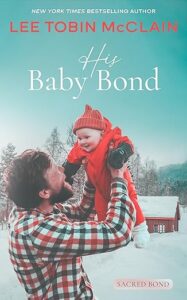 Poor-but-proud Kendra Forrester doesn’t need an arrogant billionaire to tell her how to raise her sister’s baby. But when handsome Zeke King arrives at her Colorado cabin demanding custody of his brother’s child, strategy dictates that she let him stick around.
Poor-but-proud Kendra Forrester doesn’t need an arrogant billionaire to tell her how to raise her sister’s baby. But when handsome Zeke King arrives at her Colorado cabin demanding custody of his brother’s child, strategy dictates that she let him stick around.